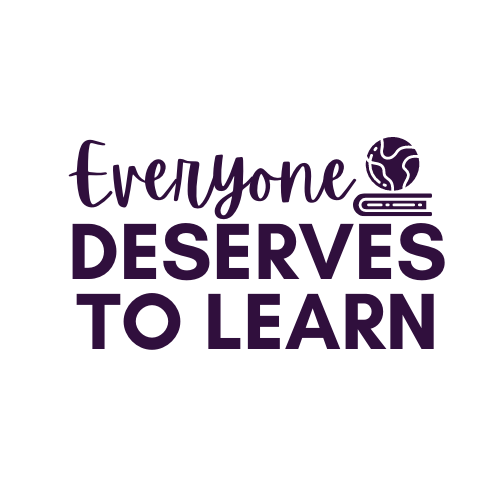Morning Meetings for English Language Learners
One of my favorite parts of my daily schedule is morning meeting time. By the time I see my fourth class of the day, it's "afternoon" meeting time, but it serves the same purpose. Morning meeting is a routine activity in my classroom, one that my classes come to look forward to and cherish. Setting aside these 5-10 (sometimes even 15) minutes of community time allows me to create relationships, introduce and review skills, and foster a strong sense of classroom community.
 |
| One of my morning meeting set-ups. |
Setting it up:
I choose a spot in my room with a rocking chair, an easel, and plenty of leg space for kiddos, as we'll be there for a while. I set up whiteboards, markers, and erasers in a basket for easy access. Then, on the very first day of class, I model for my students how to walk into the room, sit on the carpet, and wait for instructions. I use the first day's meeting to introduce myself and have students introduce themselves. We learn and practice the rules for the class, then we play an ice-breaker or get-to-know you game. For the next 3, 5, 7, or 10 days (depending on the group), we practice the same procedure so that all the kids are familiar and comfortable with the protocol. While I may not be teaching to the standards for these first few days (although I may reference them during a read-aloud or activity), I am setting the stage for a smooth transition. Think of it like sanding, taping, and putting primer on a wall before you paint- the better prepared your surface is, the smoother the work will go.
 |
| This was way back in 2012, with a group of 3rd grade ELL's. |
Routine and Structure:
Maintaining a routine for your morning meeting is essential to keeping a calm and orderly environment. I try my hardest to say the exact same things the exact same way every single day. This is an integral part of keeping the kids focused and on task, especially for my pull-out classes.
Here's how our greeting sounds:
Me: Good morning, everybody!
Kids: Good morning, Mrs. M-C!
Me: I'm so glad to see you. How are you today?
Kids: (thumbs up/thumbs down/Good/Bad)
Me: You're good? Awesome. Kate, tell me one fun thing you did yesterday.
Every child gets to a turn to tell about their day or weekend. The question may change to reflect holidays or special events, but every child gets a chance to answer a question every day. Later in the year I open it up so that the kids can ask ME any question they want. The asking/answering questions part can sometimes take a long time, especially with newcomers or kids in the silent period. I try to build extra time in to the morning meeting to allow for that. My current greeting is very teacher-centered, but I've read and heard about a much more student-centered approach. One of my goals for this school year is to work on making our greeting more interpersonal for the students.
Once we greet each other, we move into our daily activity. This is where, depending on grade or subject, I keep the routine and structure, but change up the activities. For example, my first graders needed a lot of work on fluency. We would greet and then move right into our weekly poem routine, then end with a vocabulary game. My second grade class needed some fluency help, but more work on sentence structure and syntax. So that group would greet, do a quick fluency practice, and then work on a daily edit. My third graders, who were the most proficient group of all, would greet, work on a speaking/listening task, then work in partners to complete their morning work. In the afternoon, I saw my kindergarten group for math intervention. We still did morning meeting, just with a math twist. We would greet each other, then do calendar math and counting exercises, and then move into our lesson.
 |
| My students worked on a team-building activity during the first week of school. |
Benefits of Morning Meeting for ELL's
Morning meeting gives students a chance to speak and be heard in a comfortable and welcoming environment. I've used morning meeting to work on everything from fluency to team-building to mental math! I've even brought in guidance counselors and administrators to participate in our morning meetings. When students feel safe, they're more likely to begin taking greater risks in speaking and writing, and they'll demonstrate greater fluency in reading and listening. Morning meeting is different from direct instruction in that you're not lecturing on a topic, but introducing and spiraling skills in a collaborative method. If you're interested in reading more about the benefits and practice of Morning Meeting, check out the book by Dr. Felicia Durden- it has really helped me start to work towards a more student-centered meeting.
Do you do a morning meeting in your class? How do you set it up?


